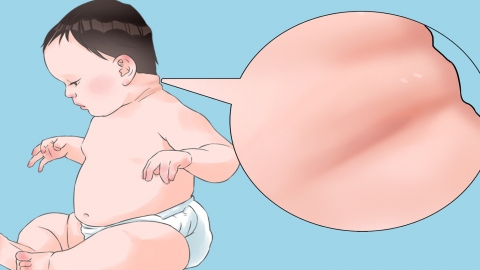What is Down syndrome?
Generally, Down syndrome is a chromosomal abnormality caused by genetic factors, leading to various symptoms such as intellectual developmental delays and abnormal facial features. A detailed explanation is as follows:

Down syndrome primarily results from abnormalities in chromosome 21 during cell meiosis in affected individuals, such as trisomy or translocation, which lead to abnormal gene expression and subsequently cause a series of severe physical and mental developmental disorders. This abnormality may occur when chromosome 21 fails to separate normally during the formation of reproductive cells, causing some sperm or eggs to carry two copies of chromosome 21. When these abnormal gametes combine with normal ones, a fertilized egg with an extra chromosome 21 is formed.
Typical features of Down syndrome include a flat facial profile, eyes slanting upward inward, a short and loose neck, broad and short hands and feet, short thick fingers, a large gap between the thumb and index finger, hypotonia, and possible cardiac defects.
For children who have been diagnosed, early intervention and treatment should be implemented as soon as possible to improve their quality of life. Additionally, measures such as genetic counseling, pre-pregnancy screening, and prenatal care can help reduce the incidence of Down syndrome to some extent.









